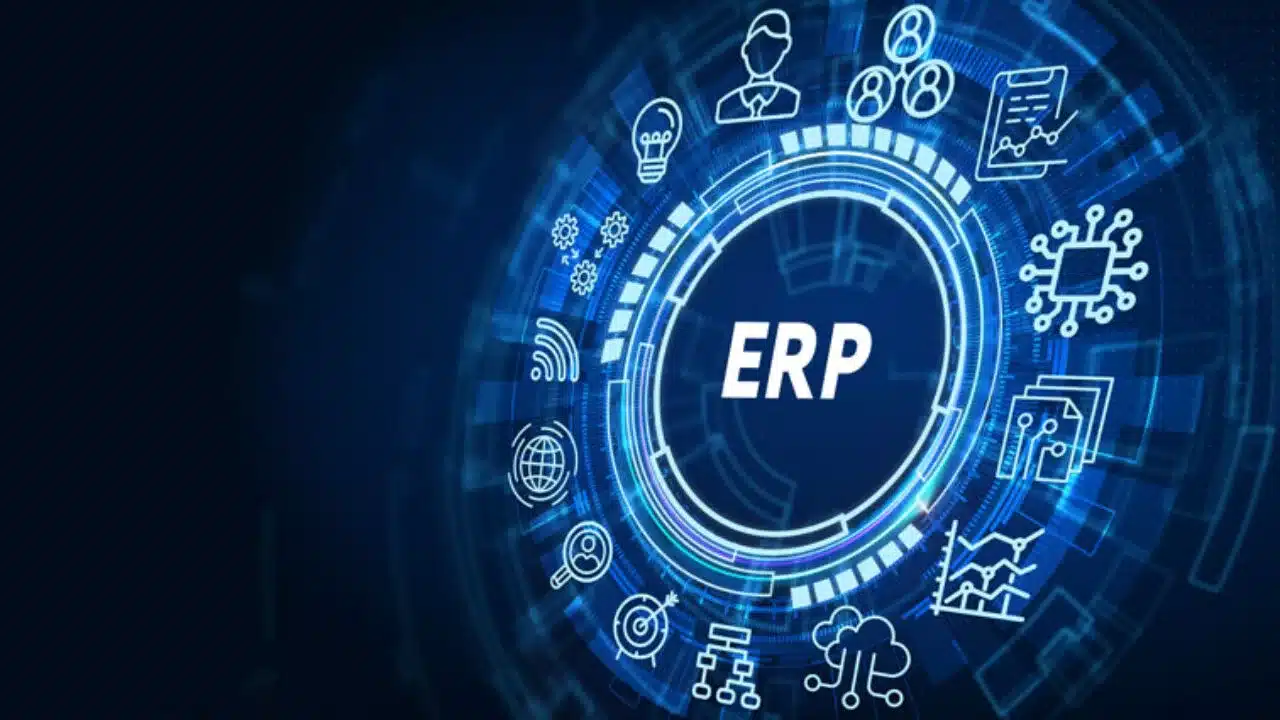
How Useful is an ERP?
The Game-Changer for Modern Businesses
In today’s fast-paced and competitive world, businesses are constantly seeking ways to optimize operations, improve decision-making, and enhance customer satisfaction. Enter Enterprise Resource Planning (ERP) systems—a transformative tool that integrates and manages a company’s core processes in one centralized platform.
But just how useful is an ERP? Let’s dive in.

1. Centralized Data Management
One of the most significant advantages of an ERP is its ability to centralize data from various departments into a single source of truth.
- Eliminates Silos: Departments like sales, finance, HR, and operations no longer operate in isolation.
- Real-Time Access: All stakeholders have real-time access to accurate data, ensuring better collaboration and fewer errors.
- Streamlined Reporting: Generating reports across departments becomes a breeze, saving time and effort.
Example: A manufacturing company can track inventory, manage production schedules, and monitor financials—all from the same platform.

2. Improved Efficiency and Productivity
ERPs are designed to automate repetitive tasks, reduce manual intervention, and optimize workflows.
- Automation at Its Best: Tasks like invoice generation, payroll processing, and order tracking are handled seamlessly.
- Enhanced Productivity: Employees spend less time on mundane tasks and more time on value-added activities.
- Error Reduction: Automation minimizes human errors, leading to better outcomes.
Example: A retail business using an ERP can automate inventory reordering, ensuring they never run out of stock during peak demand.

3. Better Decision-Making with Data-Driven Insights
In the era of big data, insights are key to staying competitive.
- Real-Time Analytics: ERPs provide dashboards and analytics to track KPIs and monitor performance.
- Predictive Insights: Advanced ERPs leverage AI and machine learning to forecast trends and customer behaviors.
- Informed Decisions: With actionable insights, businesses can make strategic decisions faster and more confidently.
Example: A logistics firm can use ERP analytics to identify cost-saving opportunities in delivery routes or warehouse operations.

4. Integration with Emerging Technologies
Modern ERPs integrate seamlessly with technologies like IoT, AI, and blockchain, enabling businesses to stay ahead of the curve.
- IoT Integration: Track assets and inventory in real-time.
- AI-Powered Forecasting: Predict trends and optimize strategies.
- Blockchain for Security: Ensure secure and transparent transactions.
Example: A supply chain company uses ERP with IoT sensors to monitor shipments and reduce delays.

Conclusion: A Must-Have Tool for Growth.
An ERP is not just software; it’s a strategic investment in your business’s future. By centralizing data, automating tasks, and providing actionable insights, an ERP empowers businesses to operate at peak efficiency, scale seamlessly, and deliver exceptional customer experiences.
Are you ready to unlock your business’s full potential? Explore how ZERGAW ERP can transform your operations and set you on the path to success.

Leave a Reply